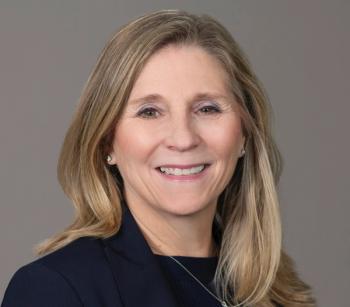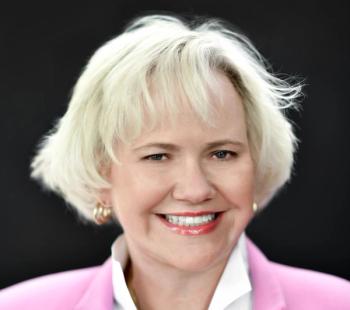
Indiana hospital merger meets FTC opposition
Federal regulators say they object to Union Health’s planned acquisition of Terre Haute Regional Hospital. They’re urging Indiana’s health department to reject the deal.
Federal regulators say they are opposed to a planned Indiana hospital merger, and they are urging state officials to reject the deal.
The Federal Trade Commission said Thursday that it is objecting to Union Health’s planned acquisition of Terre Haute Regional Hospital. Terre Haute, a 278-bed hospital, is owned by HCA Healthcare, the nation’s largest for-profit system. Union Health is a non-profit system.
The FTC submitted a 107-page
Federal regulators also say they’re concerned about the plans for the two hospitals to come together under a “certificate of public advantage,” or a COPA. Such certification doesn’t allow for proper scrutiny, regulators say, and
If the deal goes forward, the combined organization would end up with 74% of all commercially insured inpatient hospital services, the FTC says. In its comment, the FTC noted that mergers ending up with a combined share of 30% or more are “presumptively unlawful under the antitrust laws.”
“The proposed merger presents substantial risk of serious competitive and consumer harm in the form of higher healthcare costs, lower quality, reduced innovation, reduced access to care, and depressed wages for hospital employees,” the FTC said in its comment.
The FTC unanimously voted, 5-0, to send notice of its objections to Indiana state officials.
Union Health announced its plans to acquire Terre Haute Regional Hospital in September 2023. Union Health says it hopes the deal would improve access to healthcare in the city of 58,000.
Steve Holman, president and CEO of Union Health, said when the deal was announced last year that it would lead to better care in Indiana’s Wabash Valley.
“Regional has a long standing and positive presence in our community and, together, we are excited about the opportunity to further improve access to innovative, quality health care in order to lead our community members to their best health and wellness,” Holman said in a statement.
Union Health operates its main hospital in Terre Haute, as well as a critical access hospital in Clinton, Indiana.
In its comment to the Indiana health department, the FTC said the existing competition between Union Health and Terre Haute Regional works to the benefit of patients and employers. The competition spurs health insurance companies to negotiate for lower hospital reimbursement rates on behalf of their customers, ultimately leading to lower prices, the FTC argues.
“This competition ultimately reduces the prices that Indiana patients must pay in premiums, copayments, deductibles, and other out-of-pocket expenses,” the FTC said in the comment.
The FTC also said it reviewed both Union Health and Terre Haute Regional Hospital and concluded both organizations are financially stable, and would be able to serve the region without consolidating.
The Indiana Department of health has invited the public to weigh in on the acquisition, and the public comment period is slated to end today (Sept. 6).
The health department said in an email to Chief Healthcare Executive® that it is “still reviewing the application and will take all public comments into account.”
Ann Marie Foote, a spokesperson for Terre Haute Regional, said the Indiana health department is reviewing the community benefits of this transaction. In an email, she wrote, “We have worked extensively with the Department of Health since the initial COPA application was submitted to make sure they have the information needed to make an informed decision regarding the healthcare needs of Vigo County.”
A request for comment from Union Health wasn’t immediately returned.
The FTC cited its long skepticism of certificates of public advantage issued by states, arguing that they don’t offer the more rigorous review of the federal regulatory level. The commission noted that Indiana’s lawmakers said the certification process is designed to approve hospital mergers that would maintain or improve access to care.
However, the FTC said the Union Health acquisition of the hospital “will likely lead to higher prices and reduced quality of care in Indiana, as well as reduced access to healthcare services. It will also likely result in worse working conditions and lower wage growth for hospital employees.”
The FTC opposed
This summer,
More hospitals and mergers have been pursuing mergers and acquisitions in recent months. Analysts say they expect the pace of merger activity to increase,






















































































